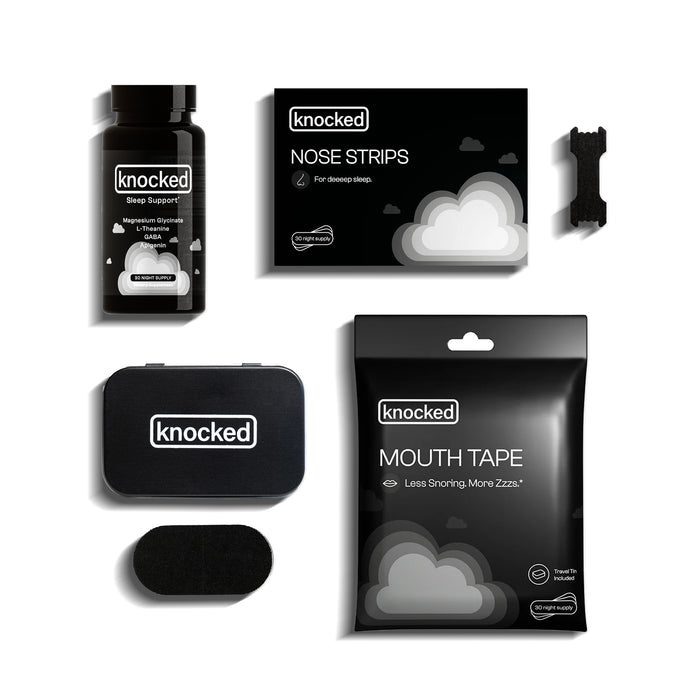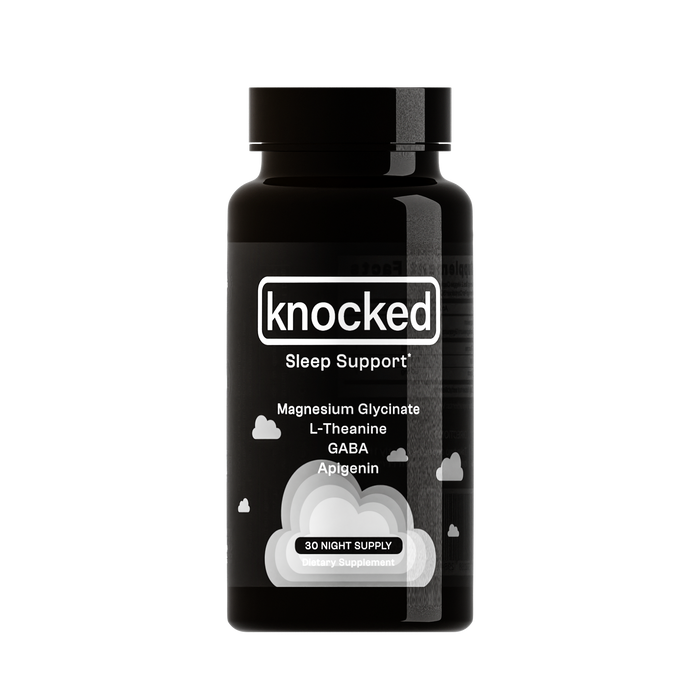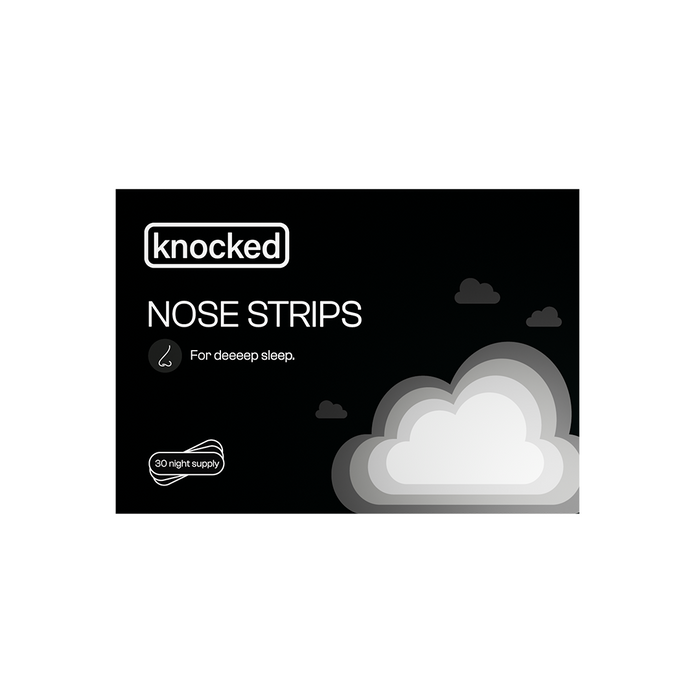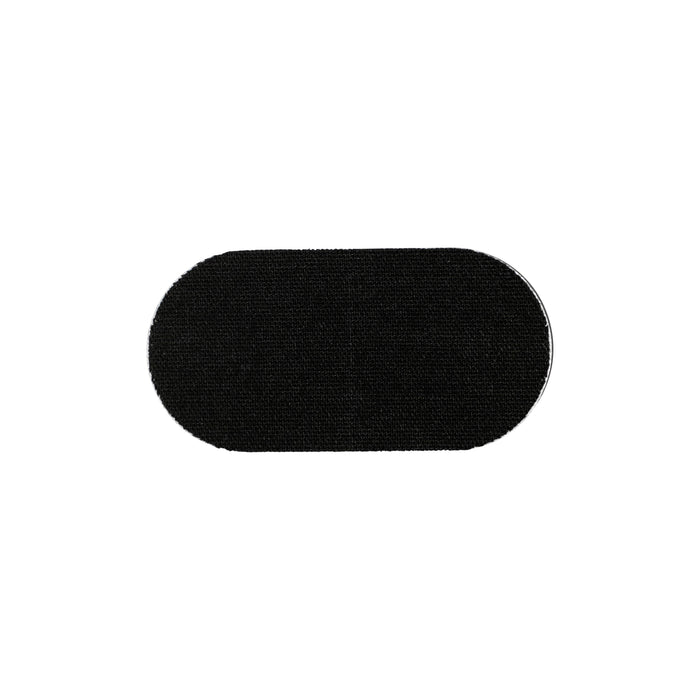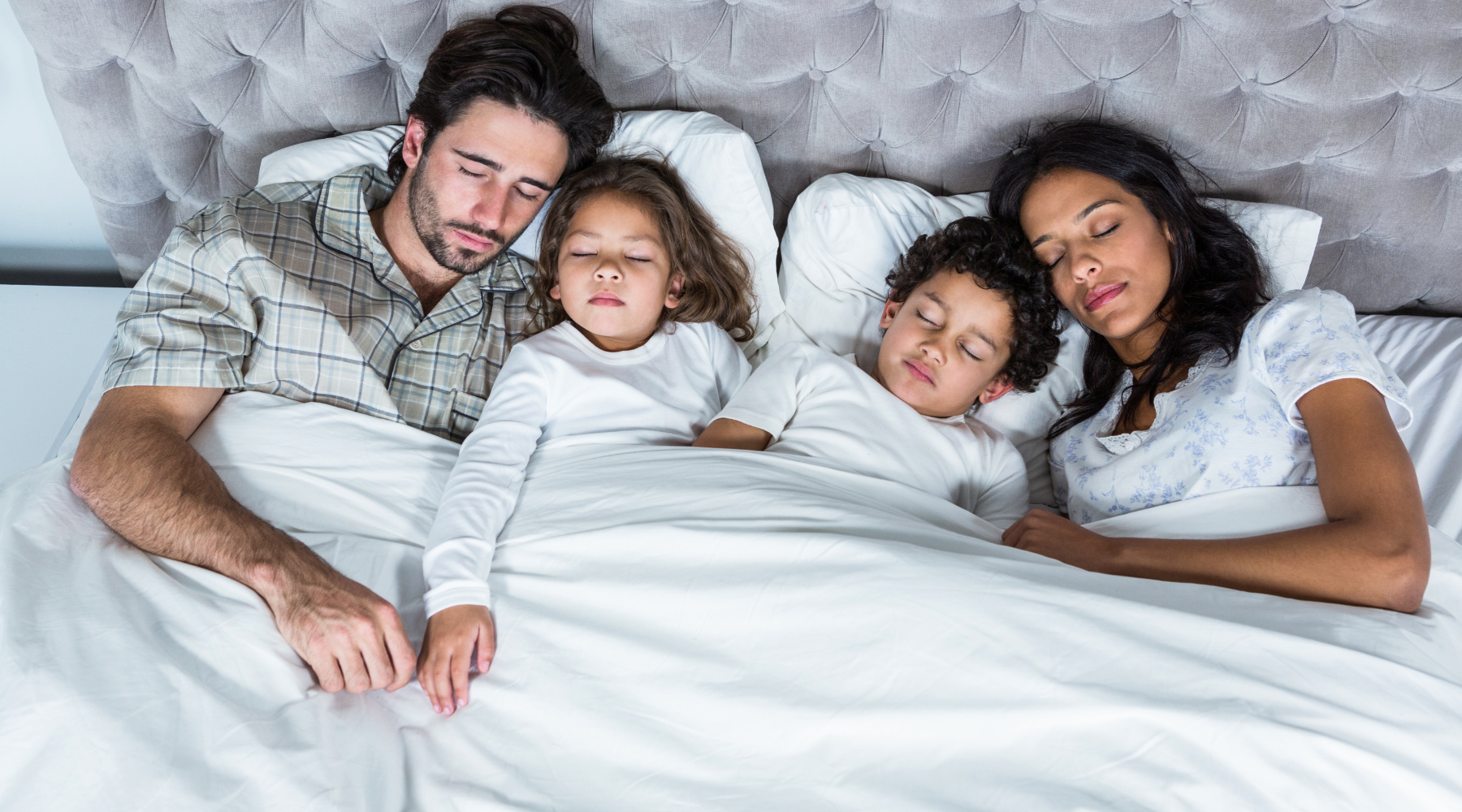

The Intersection of Sleep Science and Genetics: How Our Genes Affect Our Sleep Quality
Sleep is a fundamental aspect of our health, and its importance for physical and mental wellbeing cannot be overstated. While many factors contribute to the quality of our sleep, including lifestyle and environmental factors, genetics also play a critical role.
In this article, we will explore the role of genetics in sleep patterns and sleep disorders such as insomnia and sleep apnea, discuss recent research on the genetics of sleep duration and the relationship between genetics and sleep quality, provide an overview of emerging genetic technologies that may enable personalized sleep interventions in the future, and examine how genetic information can be used to improve sleep hygiene and sleep-related habits.
A Review of the Role of Genetics in Sleep Patterns and Sleep Disorders
Studies have shown that genetics play a significant role in determining our sleep patterns and susceptibility to sleep disorders such as insomnia and sleep apnea. Certain genetic variants have been linked to variations in circadian rhythms and sleep homeostasis, which can impact sleep quality and quantity. For example, variations in the CLOCK gene have been associated with delayed sleep phase disorder, a condition characterized by a later than normal sleep onset and wake-up time.
Discussion of Recent Research on the Genetics of Sleep Duration and the Relationship Between Genetics and Sleep Quality
Recent research has also shed light on the relationship between genetics and sleep duration. One study found that genetic variants associated with shorter sleep duration were also linked to an increased risk of type 2 diabetes, while another study identified genetic variants associated with long sleep duration and increased risk of depression. Additionally, emerging evidence suggests that certain genetic variants may confer resilience to the effects of sleep deprivation.
Overview of Emerging Genetic Technologies That May Enable Personalized Sleep Interventions in the Future
Advancements in genetic technologies such as genome-wide association studies (GWAS) and polygenic risk scores (PRS) may enable personalized sleep interventions in the future. GWAS can identify genetic variants associated with specific sleep traits or disorders, while PRS can predict an individual's genetic risk for a particular condition based on their genetic profile. These tools may be used to develop personalized sleep interventions that target specific genetic factors and improve sleep quality.
Examination of How Genetic Information Can Be Used to Improve Sleep Hygiene and Sleep-related Habits
Finally, genetic information can also be used to inform sleep hygiene and sleep-related habits. For example, individuals with a genetic predisposition for insomnia may benefit from adopting sleep hygiene practices such as maintaining a regular sleep schedule and avoiding caffeine and alcohol before bedtime. Additionally, genetic information may help identify individuals who are more susceptible to the effects of shift work or jet lag, allowing for targeted interventions to mitigate these effects.
Genetics play a crucial role in determining our sleep patterns and susceptibility to sleep disorders. Recent research has highlighted the complex interplay between genetics and sleep quality, and emerging genetic technologies offer exciting new possibilities for personalized sleep interventions. By leveraging genetic information to inform sleep hygiene and sleep-related habits, we can improve our sleep quality and overall health and wellbeing.
Sources:
- Arora, Teresa, et al. "The genetics of insomnia – evidence for an overlap with psychiatric disorders." European Neuropsychopharmacology, vol. 25, no. 11, 2015, pp. 2017-2030.
- Gaulton, Kyle J., et al. "Genetic fine mapping and genomic annotation defines causal mechanisms at type 2 diabetes susceptibility loci." Nature Genetics, vol. 47, no. 12, 2015, pp. 1415-1425.
- Jones, Samuel E., et al. "Genome-wide association analyses in 128,266 individuals identifies new morningness and sleep duration loci." PLoS Genetics, vol. 12, no. 8, 2016, e1006125.
- Kuna, Samuel T., et al. "Heritability of sleep apnea in the Hispanic Community Health Study/Study of Latinos." American Journal of Respiratory and Critical Care Medicine, vol. 195, no. 8, 2017, pp. 1078-1085.
- Lane, Jacqueline M., et al. "Genetic variation in the circadian rhythm gene, CLOCK, is associated with susceptibility to insomnia." BMC Psychiatry, vol. 15, no. 1, 2015, pp. 1-9.
- Leu-Semenescu, Smaranda, et al. "The genetics of narcolepsy." Sleep Medicine Reviews, vol. 16, no. 1, 2012, pp. 17-23.
- Voinescu, Bogdan I., et al. "Genetic influences on daytime and nighttime blood pressure: similarities and differences." Hypertension, vol. 68, no. 4, 2016, pp. 1004-1010.
